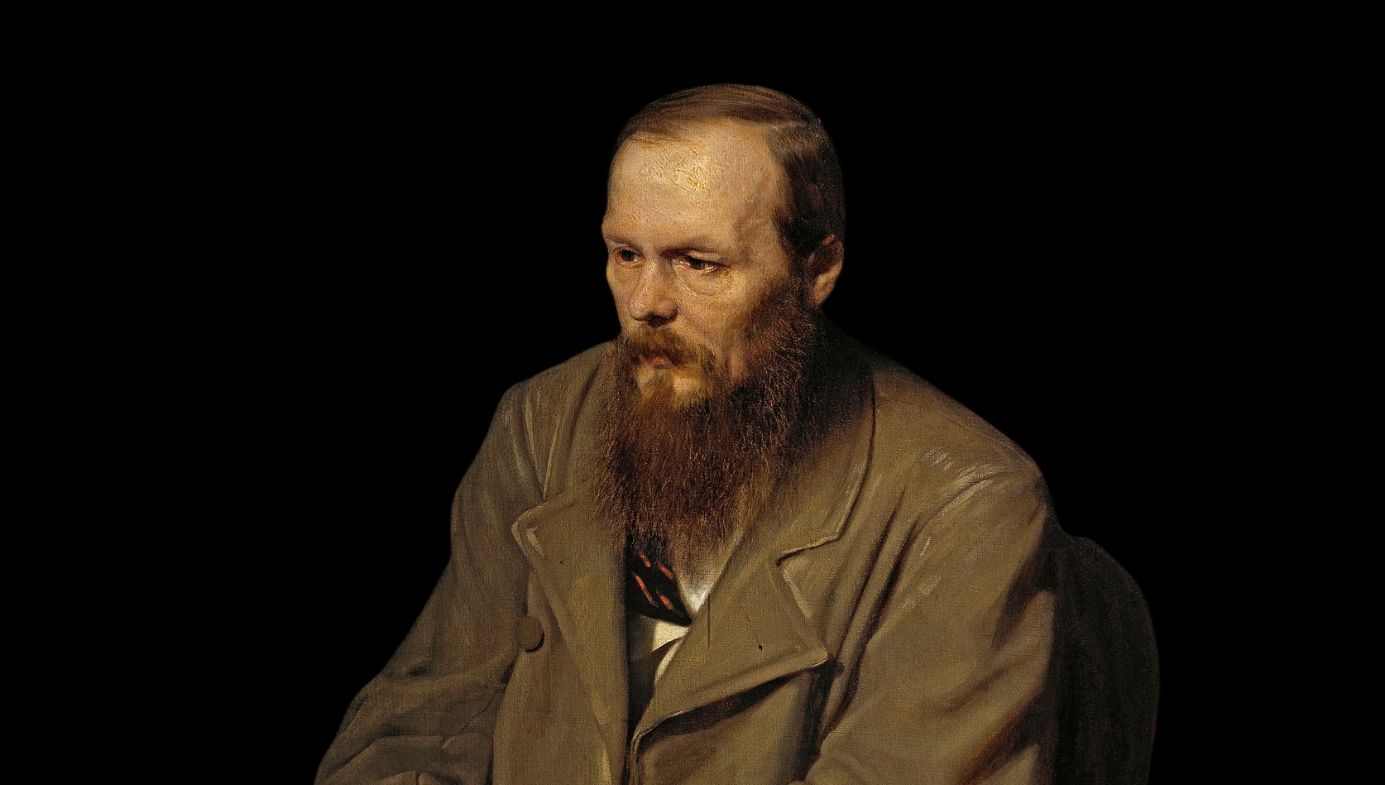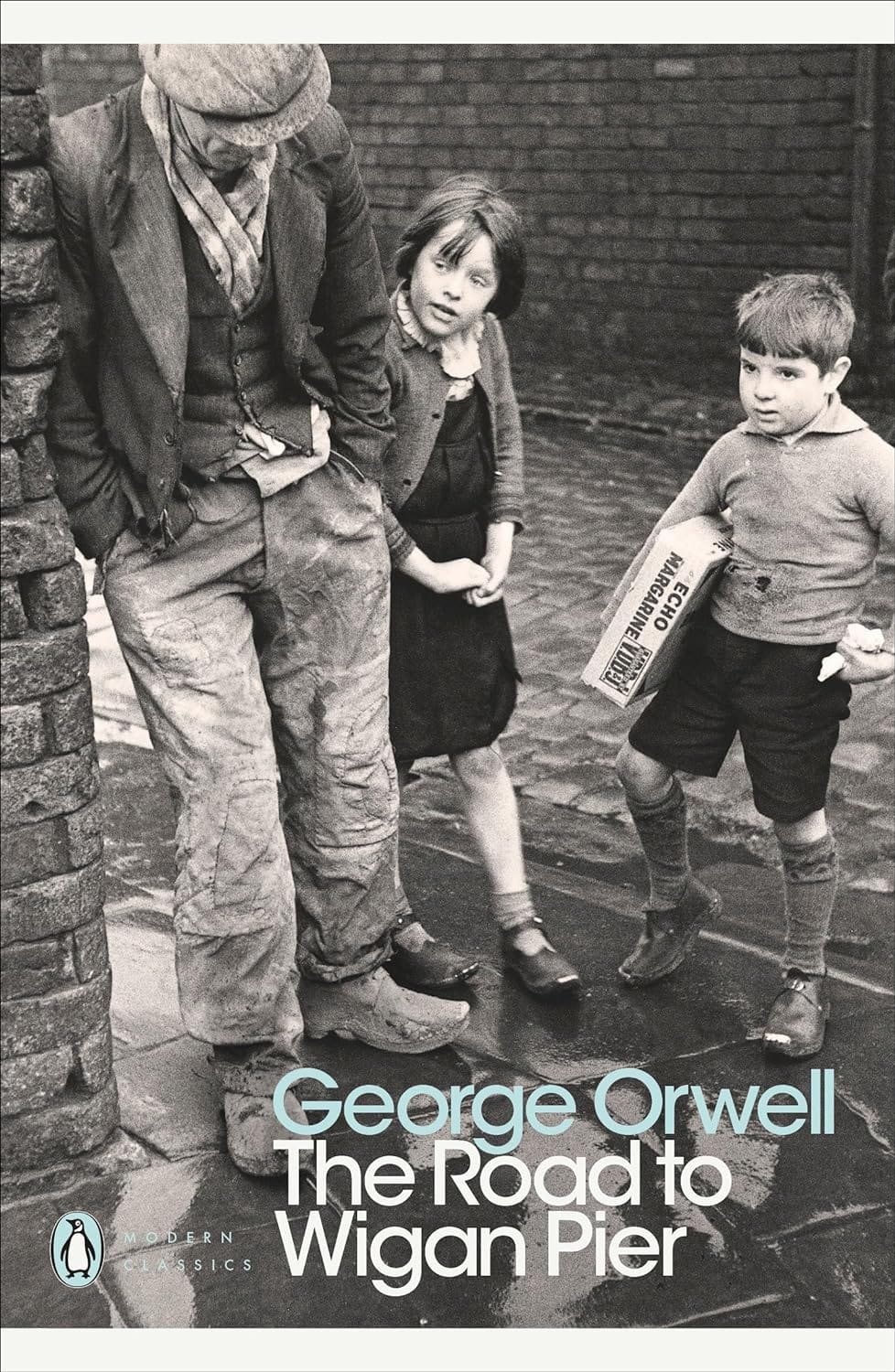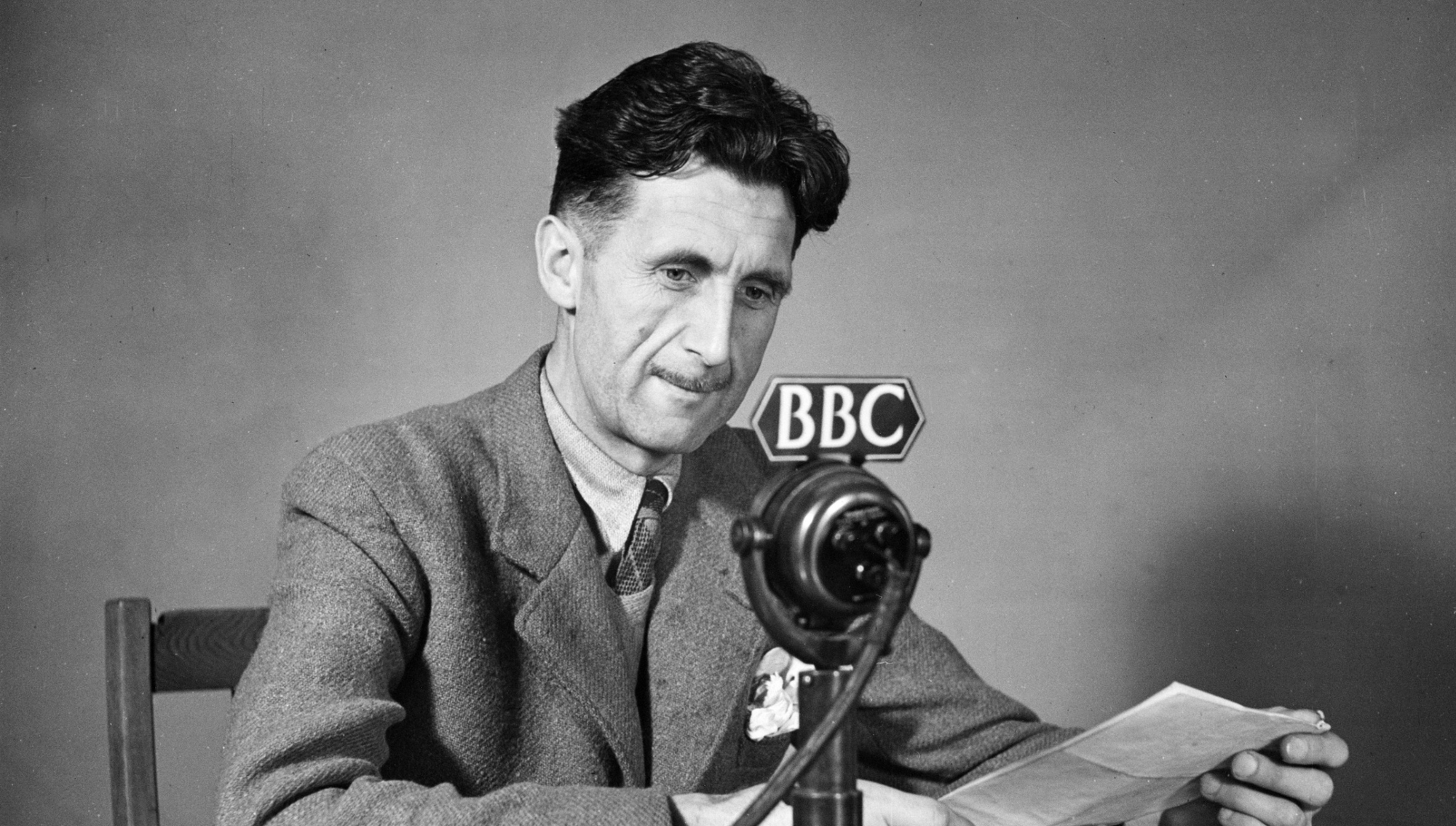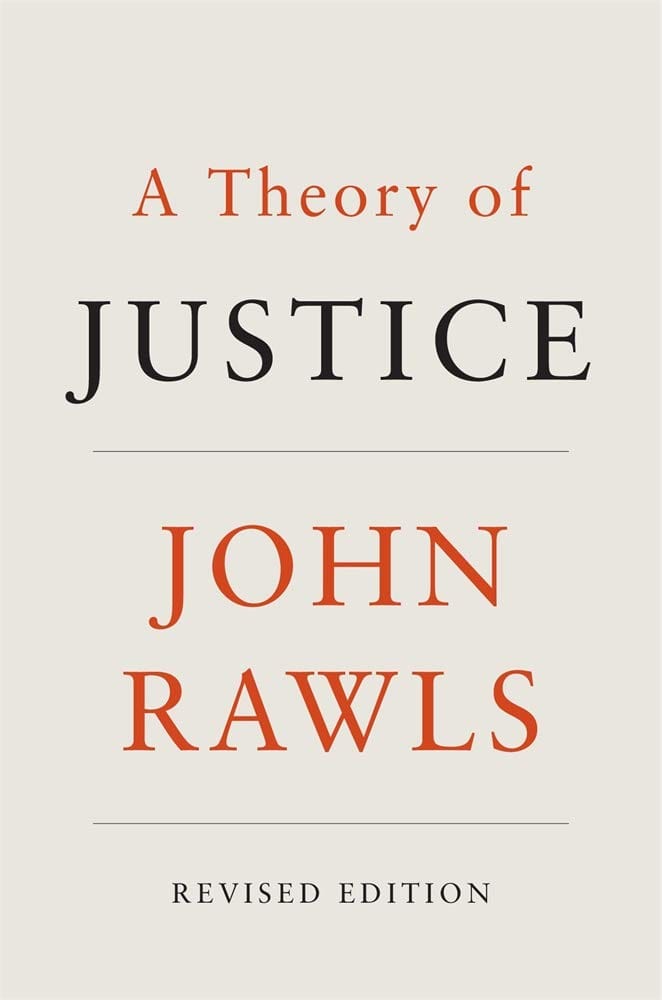recent
The Argument for Equality and Fairness
Some progressives may indeed be primarily motivated by resentment, but that does not in itself invalidate the argument to pursue greater equality.

A recurrent criticism of the political Left is that it is elitist and remote from those it professes to care about. Conservative outlets like the National Review have run numerous articles on the topic of progressive elitism and disdain for everyday people. Progressive politicians like Bernie Sanders have been routinely derided as champagne socialists, who talk a lot about the struggles of the working class, even though they are themselves millionaires. And intellectuals like Jordan Peterson have often nodded approvingly to the claim that the Left doesn’t really care about the poor, it simply hates the rich:
Some of these arguments can be readily dismissed as little more than partisan potshots. Whether or not Bernie Sanders happens to be wealthy is largely irrelevant to the merit of his arguments and demands. But here I want to examine the more foundational question of whether or not the Left is actually driven by compassion for the poor and marginalized or resentment of the rich and powerful.
The Left and Resentment

The argument that progressives are primarily motivated by resentment of the rich and powerful found expression in the work of authors like Fyodor Dostoevsky and Friedrich Nietzsche. In novels like The Devils, Dostoevsky (whose work I have analyzed and critiqued in more detail here) painted a darkly satirical portrait of the progressives of his day. Superficially, their pamphlets and writings overflowed with sympathy for the plight of the poor and suffering; sentiments Dostoevsky himself shared in his earlier more progressive period which found expression in novels like Poor Folk. But in person many progressives were pedantic, spiteful, and entirely devoid of genuine warmth towards anyone. Their meetings were characterized by self-righteous sermons and constant quibbles about what names to call everyone by.

More worryingly, Dostoevsky concluded that their various pieties about exploitation by the powerful actually masked darker feelings of anger and jealousy. Once in power, the Left’s calls for “unlimited freedom” and prosperity would end in “unlimited despotism” because they were actually motivated by an unstated desire for authority and revenge against those who had done better than themselves. Nietzsche echoed these sentiments throughout his work. While he was no friend of traditionalism or nationalism, he made plenty of caustic remarks about the “slave morality” of the socialists. In his posthumous collection of notes The Will to Power, he compared socialists to envious children who might nonetheless bring about catastrophes across the globe. Though, characteristically, Nietzsche wasn’t entirely worried about the consequences of such mass violence on the victims.
Socialism—or the tyranny of the meanest and the most brainless—that is to say, the superficial, the envious, and the mummers, brought to its zenith—is, as a matter of fact, the logical conclusion of “modern ideas” and their latent anarchy: but in the genial atmosphere of democratic well-being the capacity for forming resolutions or even for coming to an end at all, is paralysed. Men follow—but no longer their reason. That is why socialism is on the whole a hopelessly bitter affair: and there is nothing more amusing than to observe the discord between the poisonous and desperate faces of present-day socialists—and what wretched and nonsensical feelings does not their style reveal to us!—and the childish lamblike happiness of their hopes and desires. … In fact, I even wish a few experiments might be made to show that in socialistic society life denies itself, and itself cuts away its own roots. The earth is big enough and man is still unexhausted enough for a practical lesson of this sort and demonstratio ad absurdum—even if it were accomplished only by a vast expenditure of lives—to seem worthwhile to me.
However, Dostoevsky and Nietzsche were both writing from a standpoint which was critical of the Left because its ambitions ran counter to theirs. Their own philosophical inclinations towards a form of religious nationalism and a perfectionist account of the Superman would naturally make them hostile to progressivism. A more knowing critique still was formulated by George Orwell.


In his excellent 1946 monograph Why I Write, written shortly before his death, Orwell opined that “every line of serious work that I have written since 1936 has been written, directly or indirectly, against totalitarianism and for democratic socialism, as I understand it.” This emphatic support for the Left echoes his claim in The Road to Wigan Pier that, from one point of view, the argument for socialism was simply “common sense” and “seems so blatantly obvious that one would say that no one could fail to accept it unless he had some corrupt motive for clinging to the present system.” Yet few would write more bitterly about the failures of the Left, both personally and on a large scale. His classic 1945 allegory Animal Farm is a lacerating account of both the evil and hypocrisy of Stalinism and its defenders, and Nineteen Eighty-Four paints a frightening picture of a dystopian future where INGSOC (the English Socialist Party) establishes a totalitarian nightmare state.
Why then would someone for whom socialism was virtually “common sense,” and who fought bravely against the rising tide of fascism in the Spanish Civil War, have such a pessimistic appraisal of the Left? Part of it, of course, came from the increasingly chilling reports emerging from the Soviet Union, which recounted a litany of horrors with which the modern world is now familiar. But Orwell also insisted, in the manner of Dostoevsky and Nietzsche, that most leftists did not care very much about the working class or the oppressed.
In The Road to Wigan Pier, Orwell devoted hundreds of pages to portraying the suffering of the British working class in Northern England and calling for democratic socialism as a solution. But he also points out that progressives have been utterly unable to convince the working classes to support socialism or social democracy. This isn’t because workers would be unsympathetic to their arguments, but because socialists themselves were unlikeable and made no effort to disguise their disdain and condescension. In their habits and mannerisms, they were mostly middle class snobs with a puritanical outlook on party loyalty and a serious dedication to theoretical abstractions at the expense of concrete problems:
Sometimes I look at the Socialist—the intellectual, tract writing type of socialist, with his pullover, his fuzzy hair, and his Marxian quotation—and wonder what the devil his motive really is. It is often difficult to believe it is a love of anybody, especially of the working class, from whom of all people he is most removed. The underlying motive of many Socialists, I believe, is simply a hypertrophied sense of order. The present state of affairs offends them not because it causes misery, still less because it makes freedom impossible, but because it is untidy; what they desire, basically is to reduce the world to something resembling a chessboard.
This desire to “reduce the world to something resembling a chessboard” was at the root of Orwell’s anxieties about the Left. While he was a democratic socialist with a progressive outlook, unlike Dostoevsky and Nietzsche, Orwell shared his predecessors’ anxieties about whether leftists were genuinely motivated by a desire to do good rather to acquire power for themselves. In the backdrop was of course the experience of the Stalinist terror state, which crystallized many of these anxieties.

Justice and Fairness: The Argument for Equality
The argument that the Left is primarily driven by resentment of wealth and power rather than genuine compassion is a powerful one. While it is very difficult to accurately determine the motivations of individual progressives, let alone an entire political orientation, the experiences of the twentieth century require an answer to the accusation. Some progressives may indeed be primarily motivated by resentment, but that does not in itself invalidate the argument to pursue greater equality. As Fredric Jameson pointed out in his seminal book The Political Unconscious, the accusation of resentment can be used to dismiss situations in which the pursuit of more egalitarian outcomes is just. Those with unjustified power and wealth may attribute redistributive demands to mere envy, when they are in fact motivated by the sincere belief that society is unfair and justice therefore requires radical change.

One of John Rawls’s great theoretical contributions was to show how liberalism and the push for greater equality were, in fact, mutually compatible and morally necessary, and not in tension. In A Theory of Justice, Rawls pointed out that many of us are indeed driven to support various moral and political principles due to irrational motivations like resentment, greed, and so on. These irrational motivations are not evil in themselves, being simply natural facts about the human personality, but they cannot provide a rational basis for determining just principles. Instead, Rawls asked us to consider the following thought experiment. Imagine we are placed behind a “veil of ignorance” in an “original position” without knowledge of who we are and what status we enjoy in society. We would know basic features about human psychology, economics, and how to reason properly but nothing about our individual life prospects and dis/advantages. Rawls then asked us to consider which principles of justice we would choose to organize society in such a situation.
He concluded that there would be two. The first principle of justice would be a guarantee of the basic liberal rights to freedom of speech, religion, and so on. Rawls’s argument for the “basic liberties” was that no rational person would take the chance that, once the veil of ignorance was lifted, they would belong to a group whose speech rights were denied, or that they would belong to a vilified racial or gendered minority lacking adequate legal protections. Rawls also emphasized the importance of freedom from discrimination to better pursue our life plans and enjoy a sense of self-respect. A society which, say, banned homosexuality or transgenderism on religious grounds would essentially deny LGBTQ persons the right to pursue love, which is a very meaningful objective to most people and foundational to feeling themselves to be people of worth. The first principle of justice would therefore deny that society could undertake such discriminatory policies.
But Rawls’s second principle is more relevant here. He argued that not only would individuals want fair equality of opportunity to access different social positions, but they would distribute wealth so that the only permissible inequalities must work to the benefit of the least well off. Rawls’s defence of this second principle of justice was twofold. Firstly, no rational person in the original position would gamble that they would wind up disadvantaged in society unless they knew they would be protected by a very robust safety net. But, more importantly, Rawls drew attention to how morally arbitrary most of the inequalities in society are. People tend to get left behind by poor luck or, occasionally, outright discrimination. Perhaps they were born with minimal natural talents or disabilities through no fault of their own, or happened to be born into a racial or gendered group which faces considerable cultural and political marginalization, such as in apartheid South Africa.
Or perhaps they lacked adequate social advantages others may enjoy, being born into a poor family or attending the low quality schools that may happen to be in the neighborhood, for example. Finally some individuals may be born with skills which may be useful in other contexts but are of little value where one lives; consider having a natural talent in a sport which is especially popular elsewhere in the world but is ignored in one’s own community. Rawls went on to observe that we may consider this arbitrariness simply a natural feature of the world which cannot be changed. But this is little different to saying it is simply a natural fact that some people acquire cancer and nothing should therefore be done to improve their situation. The essence of a just society is one which goes out of its way to rectify unfair and arbitrary inequalities to help the least well off:
We may reject the contention that the ordering of institutions is always defective because the distribution of natural talents and the contingencies of social circumstance are unjust, and this injustice must inevitably carry over to human arrangements. Occasionally this reflection is offered as an excuse for ignoring injustice, as if the refusal to acquiesce in injustice is on a par with being unable to accept death. The natural distribution is neither just nor unjust; nor is it unjust that persons are born into society at some particular position. These are simply natural facts. What is just and unjust is the way that institutions deal with these facts. Aristocratic and caste societies are unjust because they make these contingencies the ascriptive basis for belonging to more or less enclosed and privileged social classes. The basic structure of these societies incorporates the arbitrariness found in nature. But there is no necessity for men to resign themselves to these contingencies. The social system is not an unchangeable order beyond human control but a pattern of human action.
Conclusion
The argument that the Left is primarily driven by resentment has remained popular in no small part because, as Orwell himself opined, many leftists may come across as frustrating people. Indeed, in my series of articles on “The Engaged Left,” I have tried to address some of these concerns. But on the deeper point of whether or not progressive positions should be dismissed or vilified because one is suspicious of their motivations, I think there are serious difficulties. As Jameson and Rawls point out, many of the demands put forward by leftists are not motivated by an abiding sense that the rich are evil or that the powerful need to be ripped from their stations as revenge for a lifetime of exploitation. They are instead driven by a conviction that society as it exists right now is deeply unfair and unjust. Many are left behind for purely arbitrary reasons.






